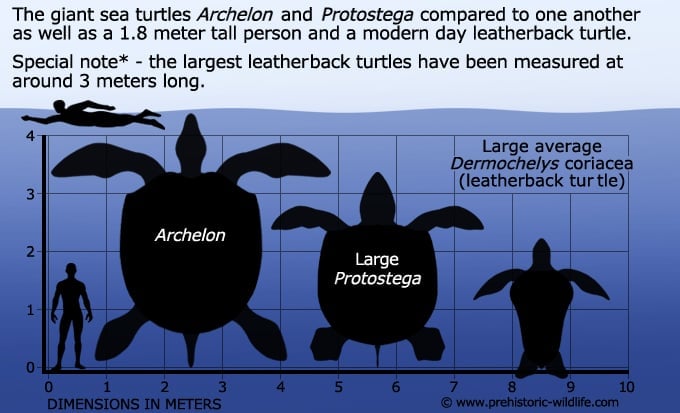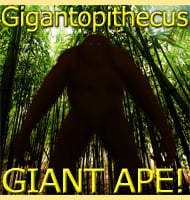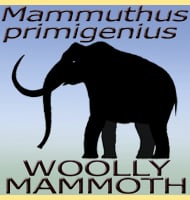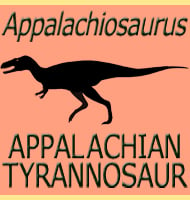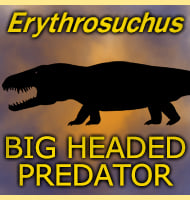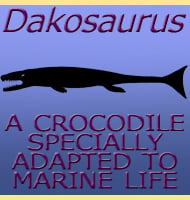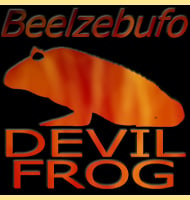In Depth
Protostega is one of the largest turtles to ever swim in the ocean and so far is only eclipsed by Archelon in terms of overall size. Like with Archelon, Protostega is thought to have had a ‘soft’ shell similar to the modern leatherback turtle (Dermochelys coriacea). Also like with Archelon, Protostega is thought to have grown so large by consuming a diet of soft organisms like jelly fish and cephalopods. Protostega is usually associated with parts of North America that would have been under the Western Interior Seaway, however other remains from England hint at a much more cosmopolitan distribution for this turtle.
Despite the shell and large size, predatory marine reptiles like Tylosaurus, Mosasaurus and Hainosaurus would have posed a serious threat to Protostega. Additionally the shark Cretoxyrhina both grew large and had the teeth to go to work on a turtle.
Further Reading
– A description of the genus Protostega. – Proceedings of the Academy of Natural Sciences of Philadelphia: 422–433. – Edward Drinker Cope – 1872. – The osteology of Protostega. – Memoirs of the Carnegie Museum, 2(7):279-305. – G. R. Wieland – 1906. – Vertebrate Biostratigraphy of the Smoky Hill Chalk (Niobrara Formation) and the Sharon Springs Member (Pierre Shale). – High-Resolution Approaches in Stratigraphic Paleontology, 21: 421-437 – K. Carpenter – 2003.
